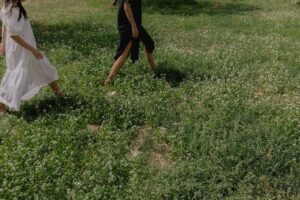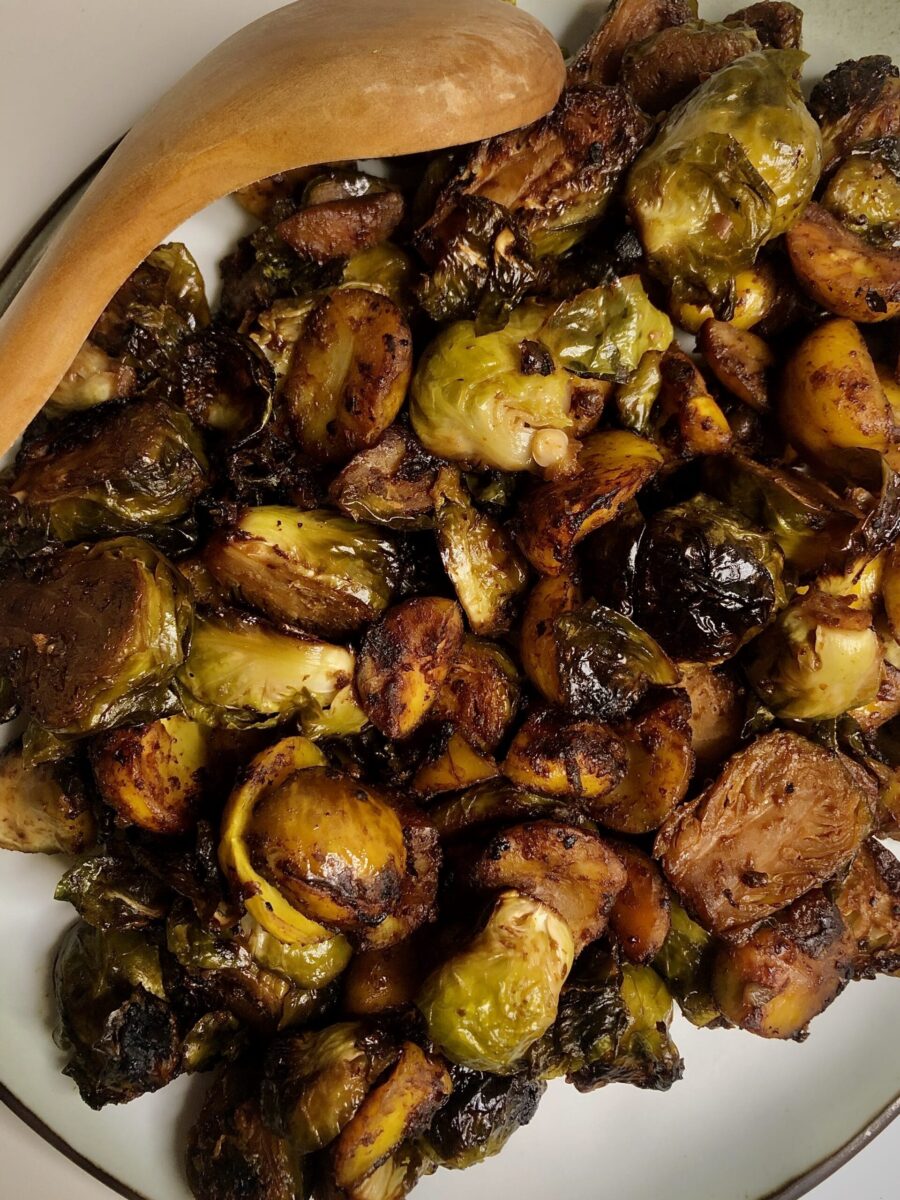Ayurveda has been around for a long time! It dates back well over 5,000 years and its name is derived from two Sanskrit words: ‘ayuh’ meaning ‘life’ and ‘veda’ meaning science or sacred knowledge. Therefore, it roughly translates as ‘the sacred knowledge of life’.
At its core, Ayurveda is a holistic tradition and a way of living. It’s not simply about taking a magical, herbal formula and waiting to see a difference. Instead it encourages you to be an active participant in your own life journey and this involves learning about your relationship with the elements. The main component of Ayurvedic theory is the Doshas, often referred to more simply as ‘body types’.
Tell me more about the Doshas
It is believed that the Ayuervedic Doshas govern the physical and mental functions of our body. When they are in harmony we will experience good health, but if they are unbalanced ailments can occur.
We’re all made up of a unique combination of the three Doshas and most people tend to have an abundance of one or two. This individual combination is determined at the moment of conceptions and as we move through our life the proportion of each of the three Doshas can fluctuate according to our environment, diet, the seasons, the climate, our age and many other factors. As they move in and out of balance they can affect our mood, health and energy levels.
The three Doshas
Vata
Elements: ether and air
Vata types tend to be thin and tall. They’re often super creative and can become deeply immersed in artistic or creative projects. They’re the most spiritual of the three Doshas meaning that they’re good meditators but can be considered a bit ‘away with the fairies’! When they are balanced they are flexible, have lively imaginations, are enthusiastic and quick-witted.
Ailments: They often suffer from insomnia and poor digestion. It’s also not uncommon for vata people to experience anxiety and stress. Cracking joints is also a trait – lots of trapped air – and breathing related conditions such as asthma are common.
Exacerbated by: Cold food and drinks – oily, warm and grounding food like porridge and soup is much better! Coffee and stimulants can also cause a negative effect as can the cold weather – vata people tend to prefer warm, humid environments.
Negative traits: They can have a lack of focus, inability to multitask and be indecisive.
Pitta
Elements: fire and water
Pitta people are dominated by the fire element which can make them strong, intense and and ambitious. They approach new hobbies and relationships with passion but have a tendency to abandon them! They’re entrepreneurial, risk-takers, focused and productive. They tend to be the healthiest of the three Doshas and they have the most regular digestive system.
Ailments: It is common for Pitta people to suffer from inflammation, acne and rashes such as eczema.
Exacerbated by: Spicy food, hot weather and angry situations. Basically anything that mixes fire with fire!
Negative traits: They can be impatient and prone to sparks of anger, they can also have binging or addictive personalities.
Kapha
Elements: earth and water
Kapha people are loyal and steadfast. They’re the type of people who like to stay in the same job for years – they’re content just as they are. They don’t like to move outside of their comfort zone. They’re very present and grounded with calm, balanced personalities. They love being in their home environment and bringing people together.
Ailments: It is common for them to suffer from depression. They can also be prone to suffering from colds and constipation and sometimes put on weight easily.
Exacerbated by: Not doing exercise – they might not want to but physical exercise will help kapha traits stay balanced.
Negative traits: At times they can be lazy, unmotivated and stubborn.
Why find out my Dosha?
It might be that you’ve read through this article and you feel like you already know which Dosha you are! If not, there are lots of online tests that you can take that will help unveil your Ayurvedic body type.
Finding out your Dosha type might not change anything at all, or it might spark something in you that says ‘yes, that’s me’ and help you make small tweaks in your life to create more balance, to be more self-aware and to feel more in tune with your body. Cultivating a relationship with each of the Doshas can have an impact on your overall health and well-being.










